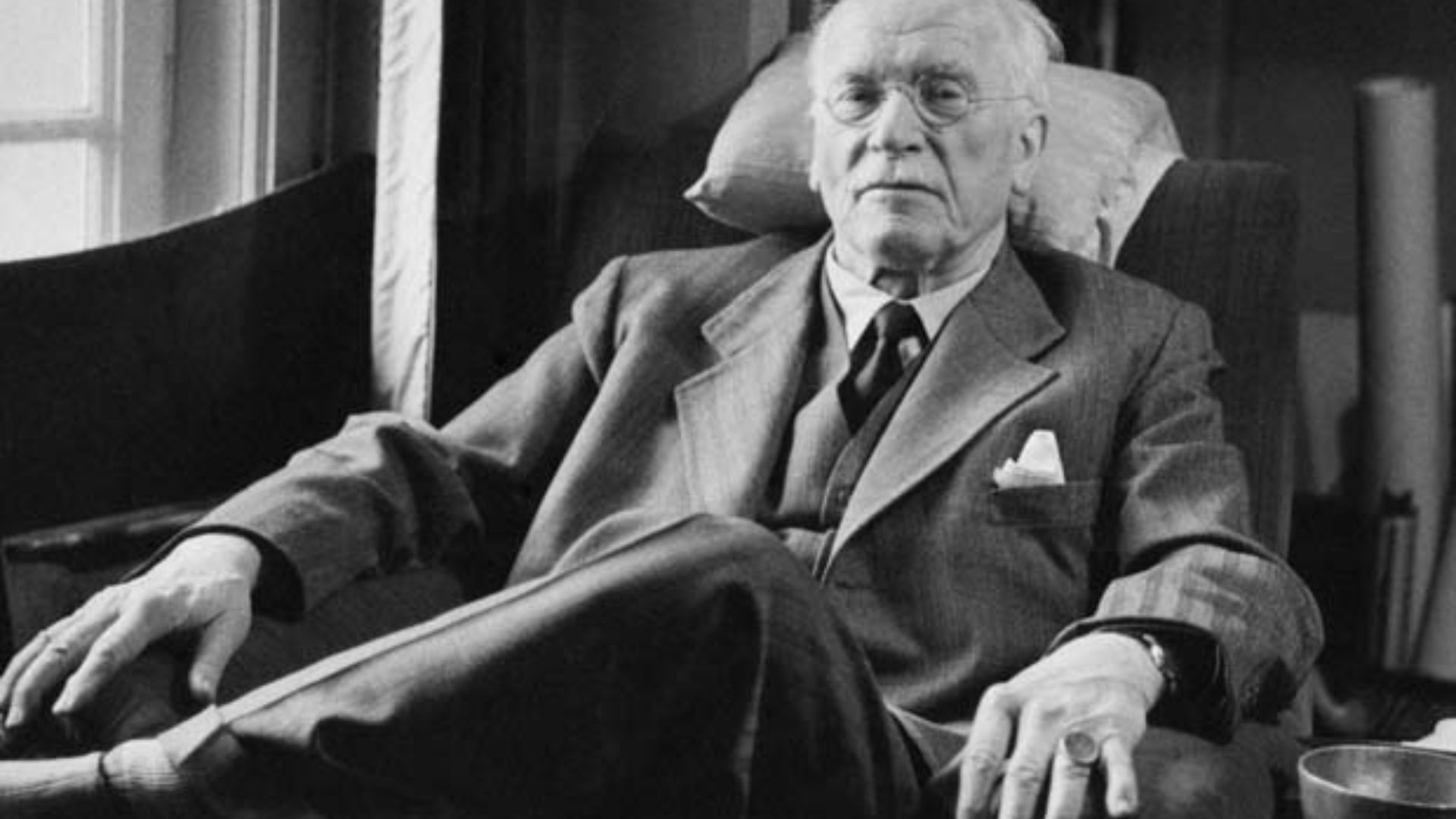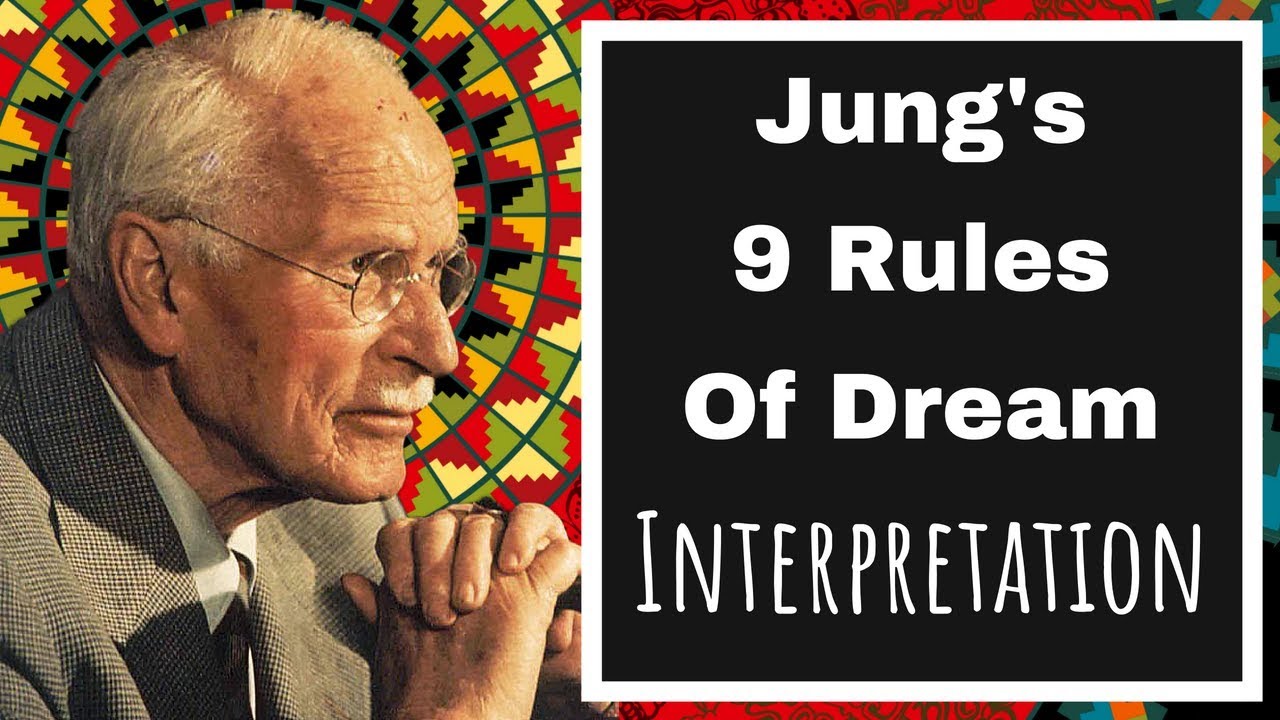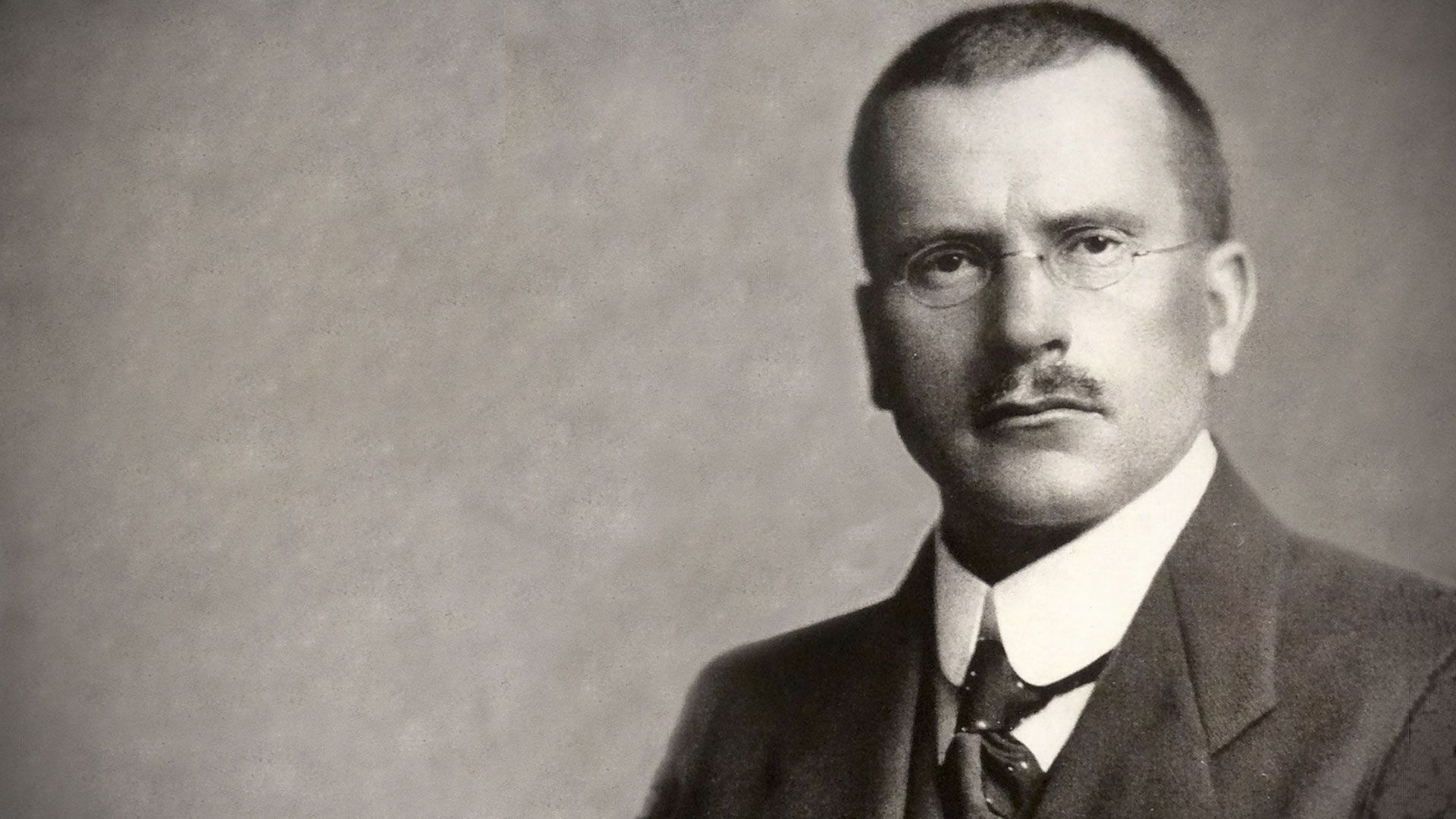Carl Jung Dream Interpretation - The Four Functions Of The Psyche
Jung's theories and techniques have revolutionized the field of psychology, and his approach to dream analysis, known as "Carl Jung Dream Interpretation," remains highly regarded to this day. Through the exploration of symbols and archetypes present in our dreams, Jung believed that we could gain valuable insights into our unconscious patterns and behaviors.
Author:Aurora SmithReviewer:Kelly HayesApr 05, 202313 Shares896 Views

Dreamshave been a source of fascination and intrigue for centuries, and their interpretation has been the subject of much debate and speculation. One of the most influential figures in the field of dream analysis is the Swiss psychiatrist Carl Jung.
Jung's theories and techniques have revolutionized the field of psychology, and his approach to dream analysis, known as "Carl Jung Dream Interpretation," remains highly regarded to this day.
Through the exploration of symbols and archetypes present in our dreams, Jung believed that we could gain valuable insights into our unconscious patterns and behaviors.
Who Was Carl Jung?
Carl Gustav Jung (1875-1961) was a Swiss psychiatrist and psychoanalyst who founded analytical psychology. Jung's work focused on the exploration of the unconscious mind and its role in shaping human behavior and personality.
He is best known for his theories on archetypes, the collective unconscious, and the process of individuation.
The Importance Of Dreams In Analytical Psychology
For Jung, dreams were a crucial tool for understanding the unconscious mind. He believed that dreams were a way for the unconscious to communicate with the conscious mind and that they contained important insights and messages about our inner selves and the world around us.
According to Jung, dreams were a natural expression of the psyche, and their symbols and imagery reflected the archetypal patterns that underlie human experience.
The Four Functions Of The Psyche
To understand Jung's approach to dream interpretation, it is important to first understand his model of the psyche. Jung believed that the psyche was composed of four basic functions: thinking, feeling, sensation, and intuition. Each of these functions plays a unique role in shaping our perception of the world and our experience of ourselves.
- Thinking- The thinking function is responsible for logical analysis, rational judgment, and the formulation of concepts and ideas.
- Feeling - The feeling function is responsible for emotional awareness, empathy, and the evaluation of value and worth.
- Sensation- The sensation function is responsible for the perception of physical sensations, such as touch, taste, and smell.
- Intuition - The intuition function is responsible for the perception of abstract patterns and meanings, and the recognition of possibilities and potentials.
According to Jung, a healthy psyche requires a balance between these four functions. Imbalances or distortions in any one of these functions can lead to psychological problems and neuroses.
The Collective Unconscious
Jung believed that the psyche was not only composed of personal experiences and memories but also of collective experiences and memories that were shared by all human beings. He called this shared aspect of the psyche the collective unconscious.
According to Jung, the collective unconscious contained archetypal patterns and symbols that were universal and transcended individual experience.
Archetypes
Archetypes are universal patterns of behavior and experience that are present in the collective unconscious. They are expressed through symbols and imagery and reflect the fundamental themes and motifs of human experience. Jung identified several key archetypes, including:
- The Persona - The persona is the public face that we present to the world. It is the mask that we wear to hide our inner selves and conform to social expectations.
- The Shadow- The shadow is the dark, repressed aspects of the psyche that are often associated with negative emotions such as fear, anger, and shame.
- The Anima/Animus - The anima is the feminine aspect of the male psyche, while the animus is the masculine aspect of the female psyche. They represent the qualities that are traditionally associated with the opposite gender.
- The Self - The self is the totality of the psyche, including both the conscious and unconscious aspects. It represents the goal of individuation, the process of integrating all aspects of the psyche into a unified whole.
Examples Of Carl Jung Dream Interpretation
To better understand how Jung's dream interpretation techniques can be applied, let's consider a few examples:
Example 1 - The Snake Dream
In this dream, the dreamer is walking through a forest when she comes across a snake. The snake is coiled up, and the dreamer is afraid to approach it.
- Amplification- The snake is a common symbol in dreams and is often associated with transformation, healing, and renewal. In some cultures, snakes are also associated with wisdom and spiritual knowledge.
- Association- The dreamer can reflect on her associations with snakes. Has she had any experiences with snakes in the past? What emotions dosnakes evoke in her? By exploring these personal associations, the dreamer can gain insight into the unconscious patterns and archetypes that are influencing her behavior and attitudes.
Example 2 - The Flying Dream
In this dream, the dreamer is flying high above the clouds. She feels free and weightless, and the sky is a beautiful shade of blue.
- Amplification- Flying is a common symbol in dreams and is often associated with freedom, liberation, and transcendence. The blue sky may be associated with the unconscious or spiritual realm.
- Active Imagination - The dreamer can explore the feeling of weightlessness and freedom that she experiences while flying. By doing so, she may be able to uncover the unconscious patterns and archetypes that are influencing her behavior and attitudes.
- Dialogue With The Dream- The dreamer can ask herself why she feels so free and weightless while flying. What is it about the experience that is so liberating? By engaging in a dialogue with the dream, the dreamer can gain insight into the unconscious patterns and archetypes that are influencing her behavior and attitudes.
- Association- The dreamer can reflect on her associations with flying. Has she had any experiences with flying in the past? What emotions does flying evoke in her? By exploring these personal associations, the dreamer can gain insight into the unconscious patterns and archetypes that are influencing her behavior and attitudes.

Carl Jung's 9 Rules of Dream Interpretation
Example 3 - The Water Dream
In this dream, the dreamer is swimming in a deep ocean. She feels scared and overwhelmed by the vastness of the water.
- Amplification - Water is a common symbol in dreams and is often associated with the unconscious, emotions, and the feminine. The ocean may represent the vastness and depth of the unconscious.
- Active Imagination- The dreamer can explore the feeling of being overwhelmed by the ocean. By doing so, she may be able to uncover the unconscious patterns and archetypes that are influencing her behavior and attitudes.
- Dialogue With The Dream- The dreamer can ask herself why she feels scared and overwhelmed by the ocean. What is it about the experience that is causing these emotions? By engaging in a dialogue with the dream, the dreamer can gain insight into the unconscious patterns and archetypes that are influencing her behavior and attitudes.
- Association- The dreamer can reflect on her associations with water. Has she had any experiences with water in the past? What emotions does water evoke in her? By exploring these personal associations, the dreamer can gain insight into the unconscious patterns and archetypes that are influencing her behavior and attitudes.
People Also Ask
Can Recurring Dreams Have A Deeper Meaning In Jungian Psychology?
Yes, recurring dreams can have a deeper meaning in Jungian psychology, as they may reflect unresolved issues or conflicts.
What Is The Significance Of Nightmares In Jungian Dream Interpretation?
Nightmares can be significant in Jungian dream interpretation, as they can reveal hidden fears or anxieties that may be affecting an individual's waking life.
How Can Jungian Dream Interpretation Be Applied In Psychotherapy?
Jungian dream interpretation can be used as a tool in psychotherapy to help individuals gain insight into their unconscious desires and motivations.
How Can Jungian Dream Analysis Help With Personal Growth And Development?
By exploring the symbols and archetypes present in dreams, individuals can gain a deeper understanding of themselves and use this knowledge for personal growth and development.
Are There Any Limitations To Jungian Dream Analysis?
Jungian dream analysisis subjective and relies heavily on personal interpretation, which can be a limitation.
Conclusion
Carl Jung dream interpretation techniques have had a significant impact on the field of psychology and have helped countless individuals gain insight into the unconscious patterns and archetypes that influence their behavior and attitudes.
By exploring the symbols and imagery present in our dreams, we can uncover hidden aspects of our psyche and work towards achieving psychological wholeness and fulfillment.
Whether we are working with a trained Jungian analyst or exploring our dreams on our own, the techniques and principles of Carl Jung's dream interpretation can help us deepen our understanding of ourselves and the world around us.

Aurora Smith
Author
Aurora Smith is an expert with over 8 years in psychics, with a passion for tarot reading.
She holds a Bachelor of Arts in Anthropology from Stanford University, bringing a strong academic foundation to her work in exploring mystical phenomena.
With her expertise in psychics, Aurora delves into tarot readings and magical practices, providing insightful content that engages and enlightens readers.
Her writing style is characterized by clarity and engagement, making complex concepts accessible and intriguing for readers.
Outside of her writing pursuits, Aurora enjoys delving into the mysteries of the supernatural world and practicing tarot readings.

Kelly Hayes
Reviewer
Kelly Hayes is a seasoned journalist with over 10 years of experience, specializing in news reporting and horoscope analysis. She holds a Bachelor's degree in Journalism from New York University, enhancing her credibility and expertise in the field.
Kelly's writing style is characterized by clarity, depth, and a commitment to delivering credible information. Her published works across various platforms showcase her knack for engaging storytelling and insightful analysis.
Readers trust Kelly's expertise in both current events and astrological interpretations, making her a sought-after authority in journalism.
Apart from her professional activities, Kelly enjoys exploring new cultures, practicing yoga, and engaging in philanthropic activities.
Latest Articles
Popular Articles
